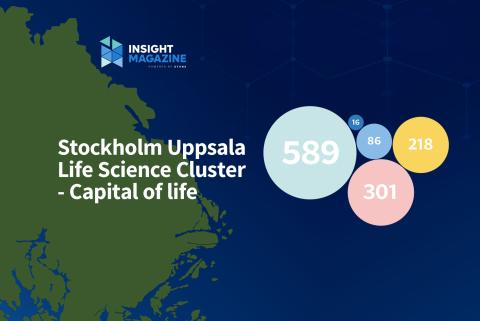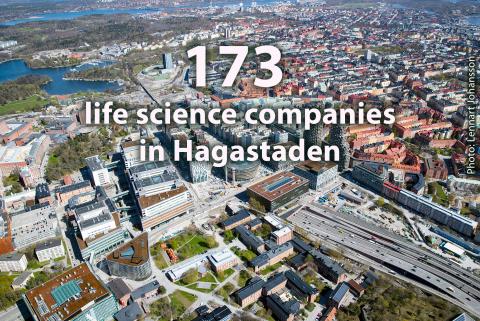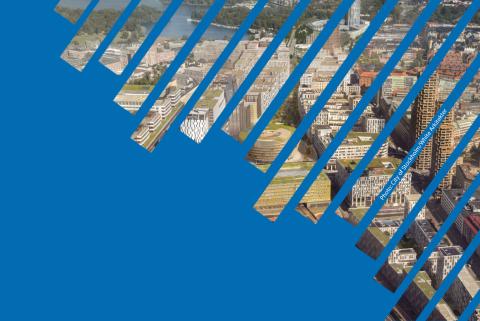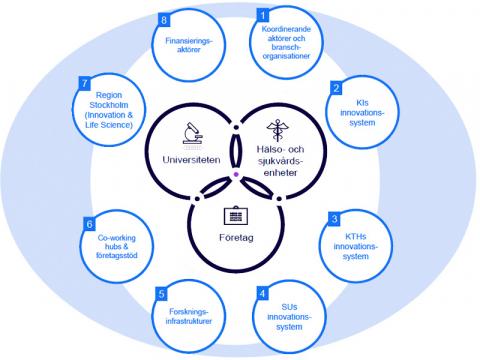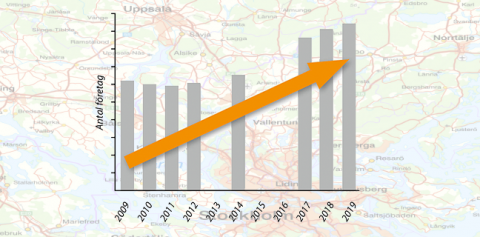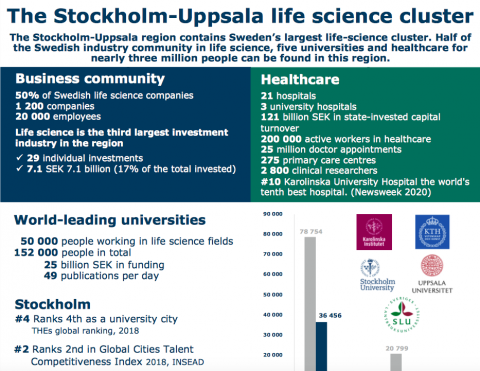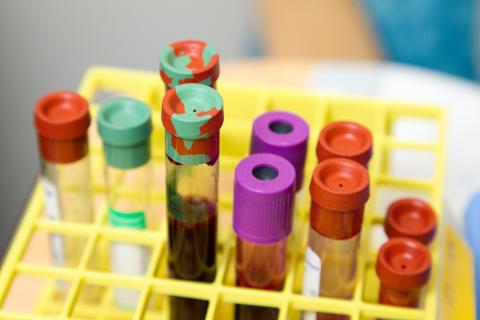From co-working spaces and artificial intelligence to analyses of where life science is heading in the future. We produce reports that state how we can work together to strengthen Swedish life science.
From co-working spaces and artificial intelligence to analyses of where life science is heading in the future. We produce reports that state how we can work together to strengthen Swedish life science.

